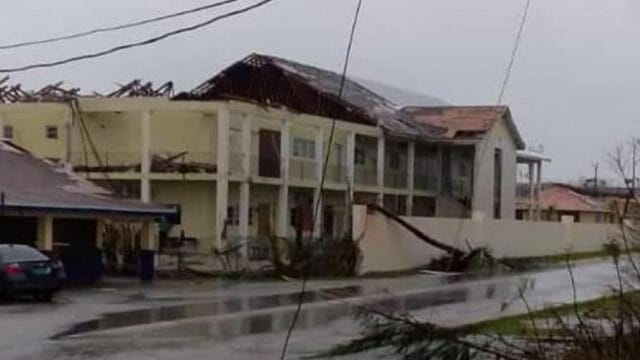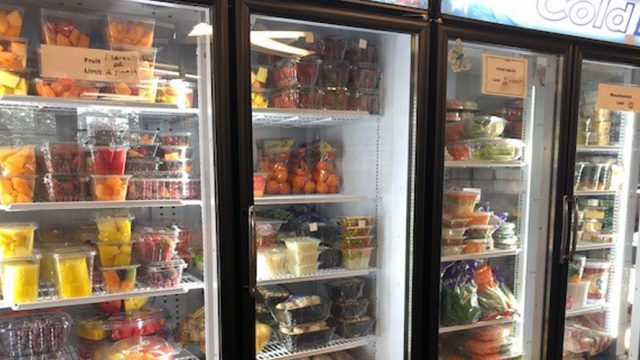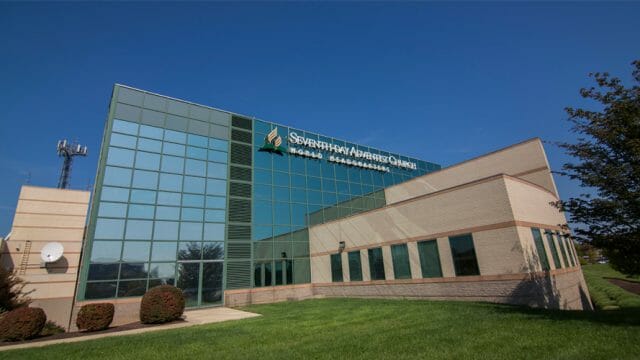Exhibition includes more than 100 images on the humanitarian agency’s work.

For almost 10 years now, thousands of Venezuelans have crossed the border with Brazil, fleeing unemployment and creating an educational crisis, food shortages, and political instability. Pacaraima and Boa Vista, both cities in Roraima, are the main gateways for these migrants, who come to the country in search of opportunities. According to official data, only Colombia and Peru have welcomed more Venezuelans than Brazil.
Since 2018 the Adventist Development and Relief Agency (ADRA) Brazil has implemented seven projects aimed at serving migrants. The initiatives, which seek to strengthen food security, sanitation, and hygiene, as well as shelter and relocation support, are the result of a partnership with the United States Agency for International Development (USAID).
With the goal of being consistent, adapting at the same time to the evolving needs of the newcomers, monitoring is essential, says Telma McGeogh, ADRA Brazil’s manager of migrant affairs. “Our first job is usually to go to the site, check, and assess what the existing needs are at that moment and then create a response compatible with that particular need,” McGeogh said. “Since 2018 we have served more than 270,000 people, with an investment of more than US$30 million.”
To get the general public acquainted and to promote ADRA Brazil’s initiatives, the agency recently organized a photo expo in the southern city of Porto Alegre. The images tell the story of some of the initiatives implemented to support Venezuelan refugees in Brazil.
Jorge Wiebusch, director of ADRA Brazil in the Rio Grande do Sul region, highlighted the importance of the event, which brings to the forefront events happening thousands of miles away. “This expo helps people to apprehend the breadth and reach of ADRA Brazil’s work across our country,” Wiebusch said. “I am very excited about this project.”
Photos told stories of some of the refugees, such as the experience of Pedro Rafael Salazar, born in the state of Anzoátegui. “It was a challenging life in Venezuela,” Salazar acknowledged. “I didn’t have a decent job or enough food, and my family was suffering. It was what moved us to emigrate to Boa Vista, where we started again. It was very hard at the beginning, as we lived on the streets and slept at the local bus station, on pieces of cardboard,” he shared.
Through the work of ADRA Brazil, Salazar saw an opportunity to start over. One of ADRA’s projects in Boa Vista offered about 2,000 meals a day to Venezuelan refugees. Salazar eventually was able to take cooking classes, thanks again to ADRA Brazil’s support.
In addition to offering meals and vouchers for purchasing basic items, ADRA Brazil also offers a relocation project (SWAN), which helps Venezuelans find a job and cover their rent expenses for several months. “Thanks to SWAN, the family has a firm job offering,” explained project coordinator Verona Moura. “We supported them throughout the whole process.”
As part of the SWAN program, some refugees’ families were relocated to Rio Grande do Sul. This included Salazar’s family, who boarded a Brazilian Air Force plane to eventually land in the southern state.
“ADRA supports all these initiatives because the agency was created by the Adventist Church to fulfill its purpose of serving humanity so that everyone lives as God intended,” said André Alencar, social projects coordinators for ADRA Brazil. “And we accomplish this as we are moved by justice, compassion, and love.”
The original version of this story was posted on the South American Division Portuguese-language news site.












